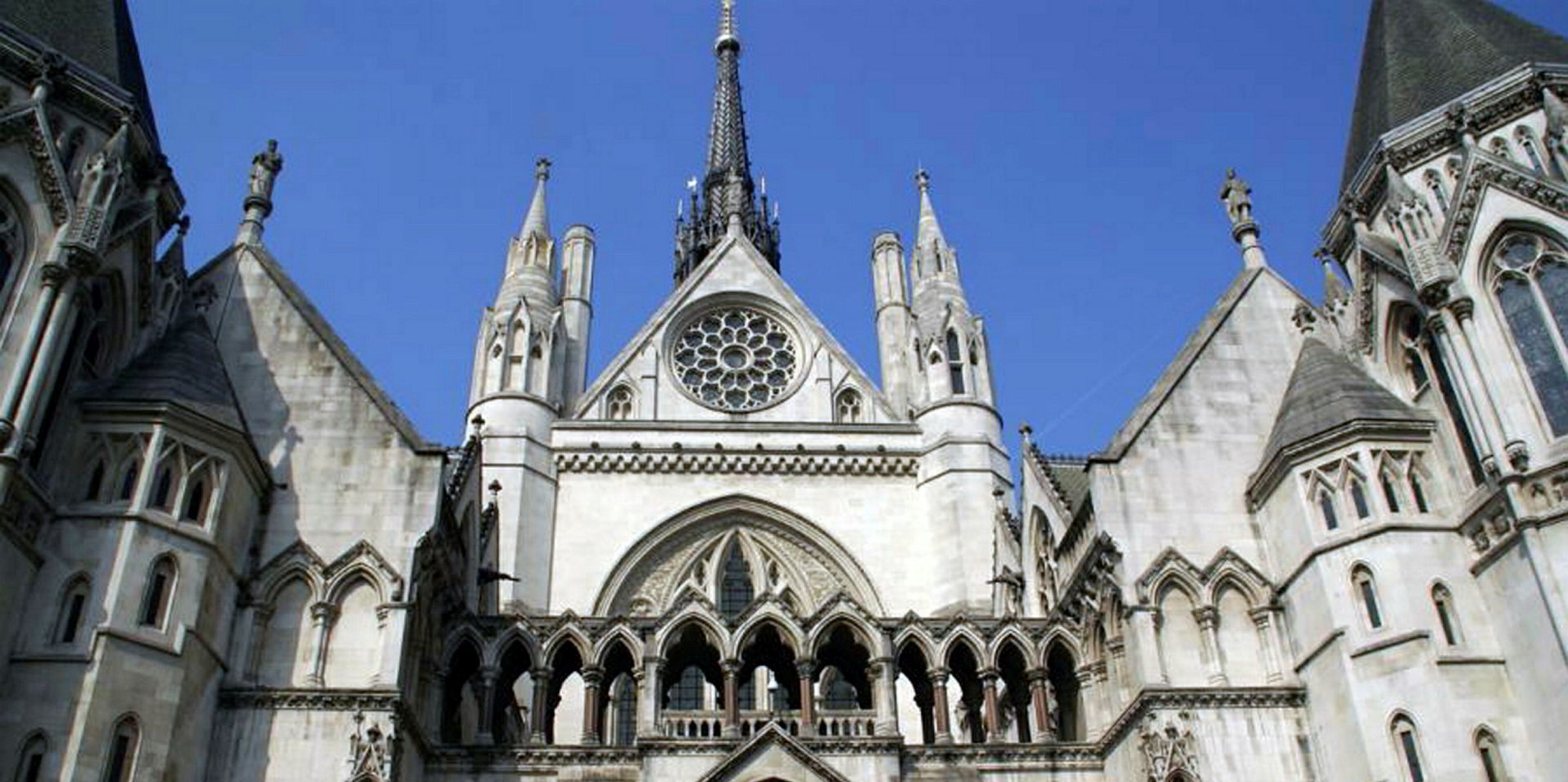The UK Supreme Court has overturned a ruling that set a precedent in favour of shipowners when cargoes arrive damaged.
Lord Jonathan Sumption rejected a 2016 court of appeal judgement in favour of Chilean line CSAV in a dispute with cargo owner Volcafe. The fight focuses on coffee beans shipped from Colombia to Germany.
He said the court was wrong to overturn the original finding that evidence fell short of proving any sufficiently uniform or accepted practice to serve as a benchmark for measuring the carrier’s care for the cargo.
For the lower court judge in the case, photographs taken at the loading port appeared to show that single layers of paper had been used in shipping the cargo, but the court of appeal believed it was doubled and had ruled in CSAV's favour.
Sumption said: "In the absence of evidence about the weight of the paper employed, it must follow that the carrier has failed to prove that the containers were properly dressed."
The unventilated containers had been stuffed by stevedores and lined with kraft paper to protect against condensation damage.
Upon arrival, the coffee bags in all but two containers were found to have suffered from minor condensation.
Experts agreed at trial that condensation is likely to occur when coffee beans are transported from warm climates to colder climates in unventilated containers.
The cargo owner alleged that CSAV had failed to properly care for the goods, in that they should have lined the containers with stronger, thicker kraft paper.
Paper arguments
CSAV argued that, in lining the containers with two layers of kraft paper, they had taken adequate steps to care for the cargo, in accordance with standard industry practice.
They also alleged that the effective cause of the damage was the inherent vice of the cargo, in that it was unable to withstand an ordinary voyage of this type from a warm to a cool climate without suffering condensation damage.
The court of appeal ruling was important because it meant lines would not be responsible for loss or damage arising from inherent defects of the goods, for example.
But in upholding the cargo claimants’ appeal, the supreme court has held that a carrier is liable for loss or damage during the voyage unless it proves on the balance of probabilities that the loss or damage was not caused by any breach by it of its cargo care duties or negligence.
The burden is therefore on the carrier in any cargo claim to disprove causative negligence.
"The judgement ... illustrates, again, the high threshold which must be met before an appellate court can interfere with primary findings of fact," the Lexology legal website said.
"Although Lord Sumption expressed some doubt about the weight given to the evidence by the judge at first instance, he was clear that there had been no sound legal basis for the court of appeal to interfere with those findings."





